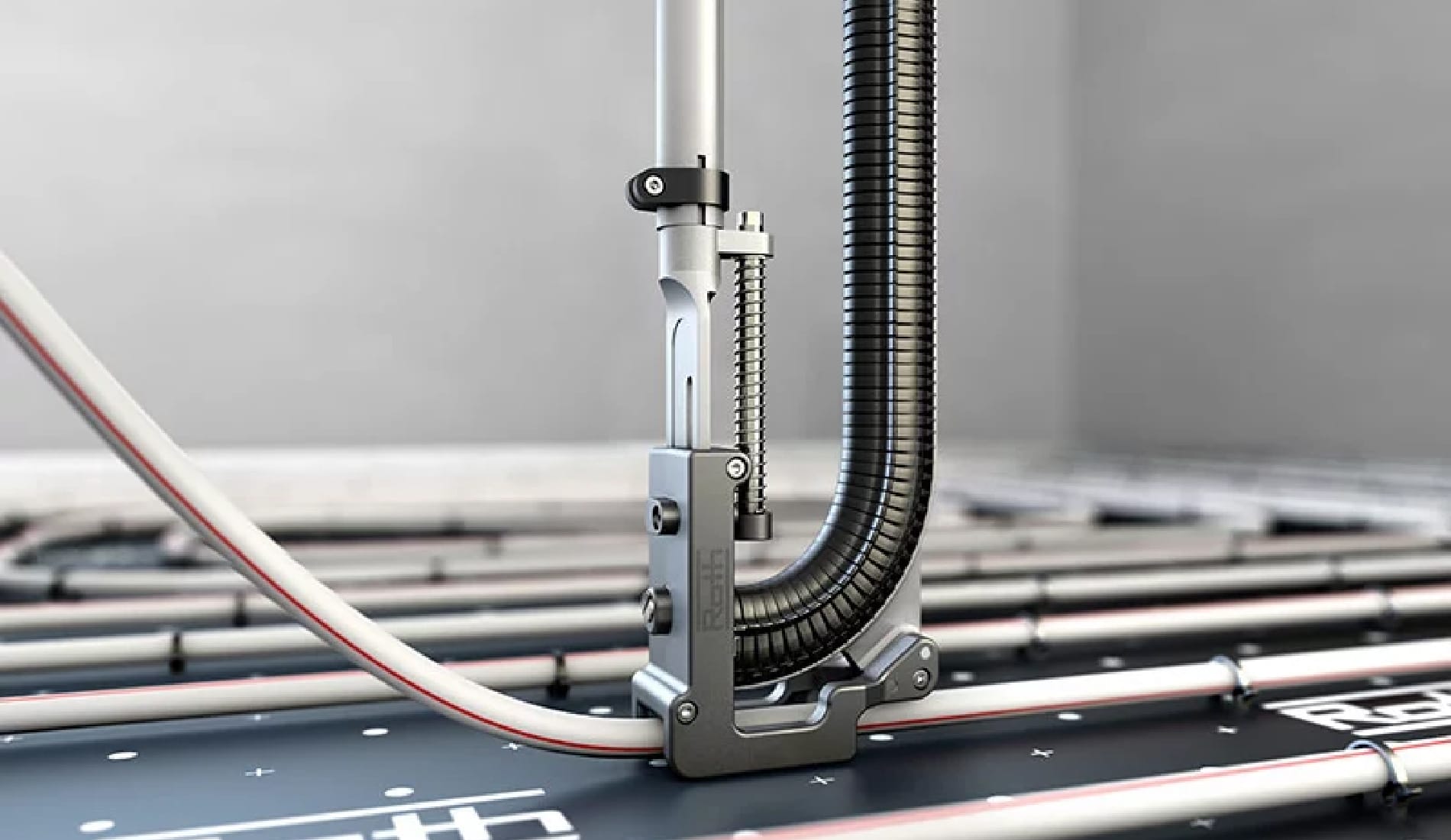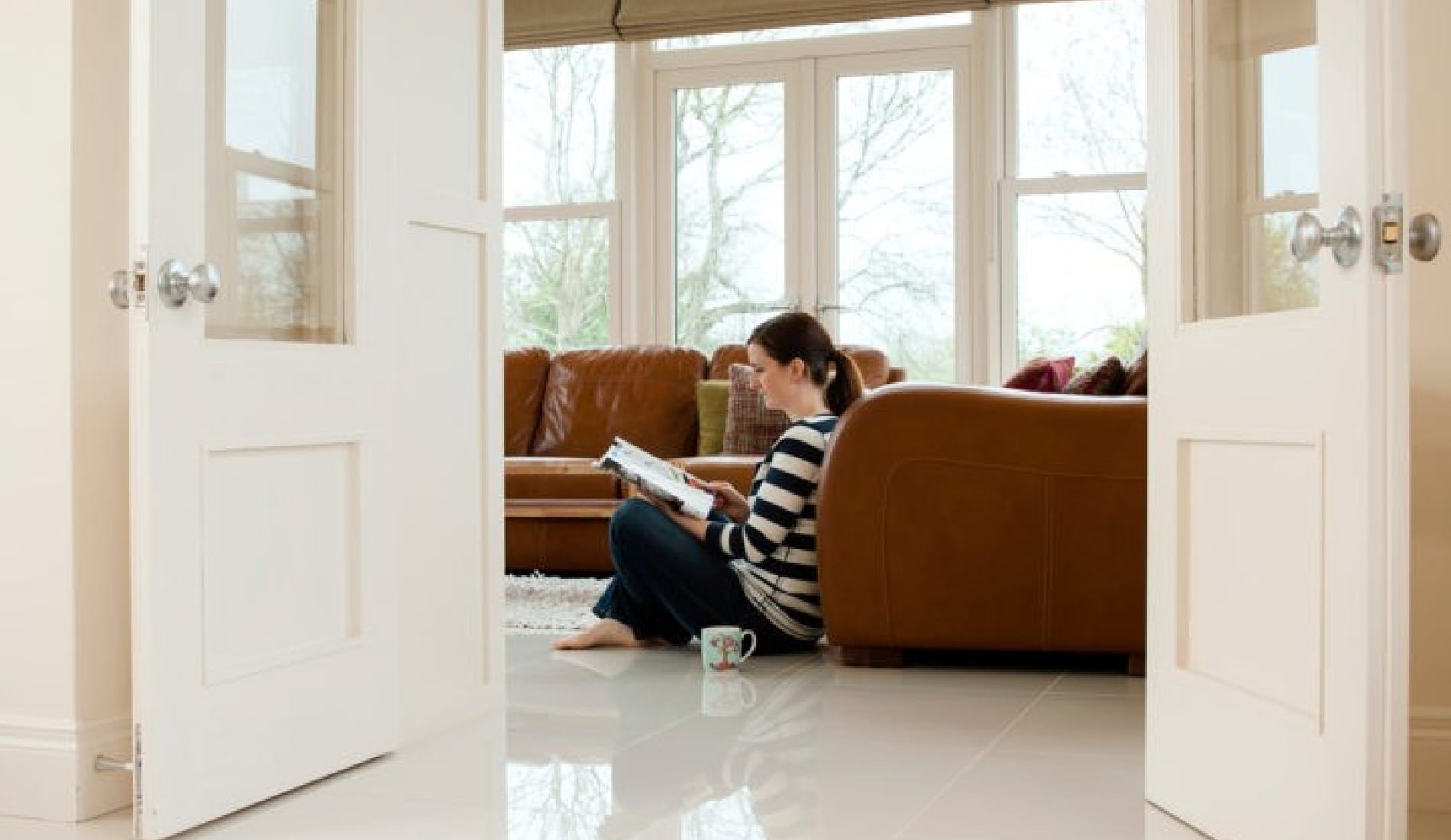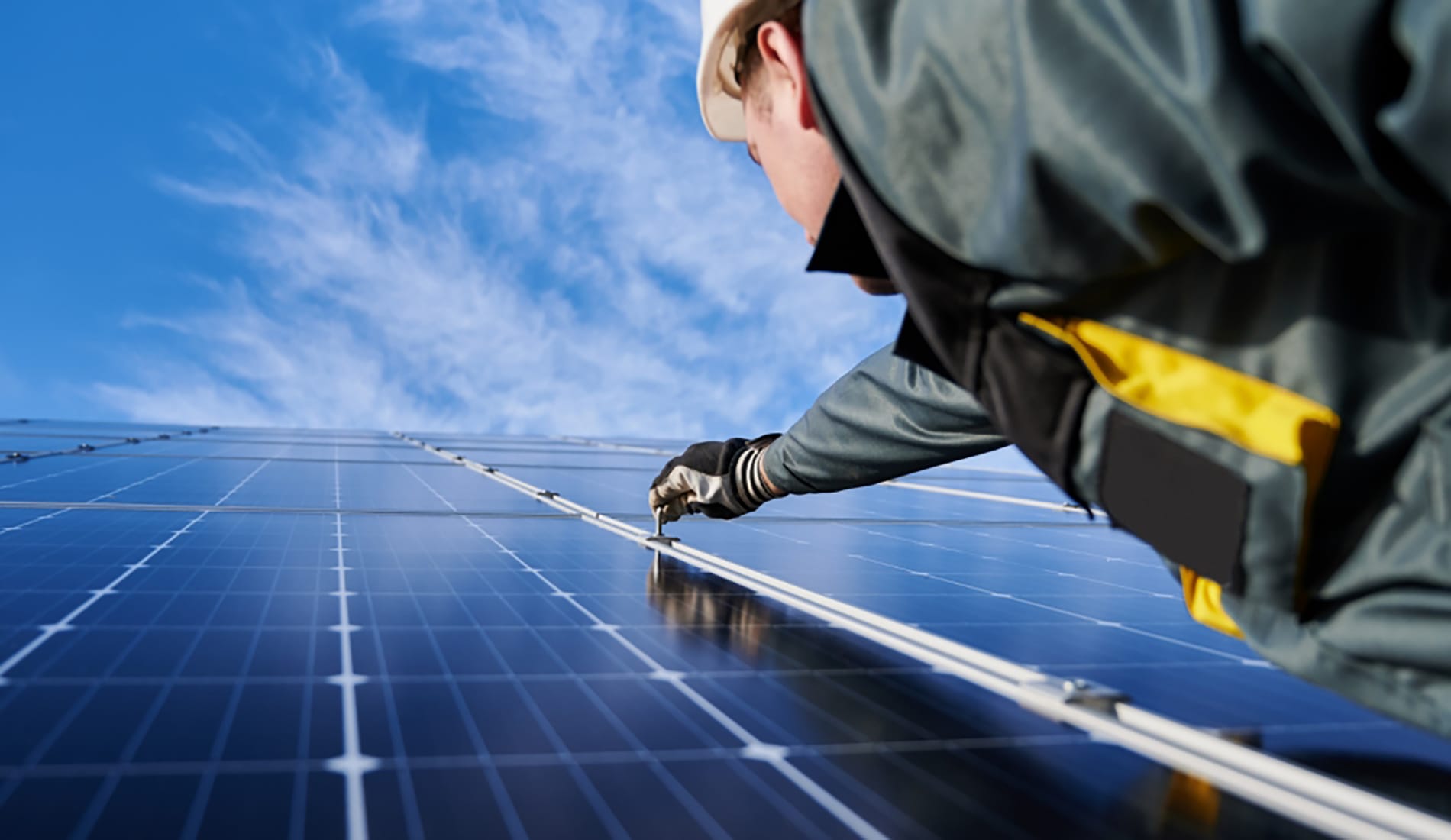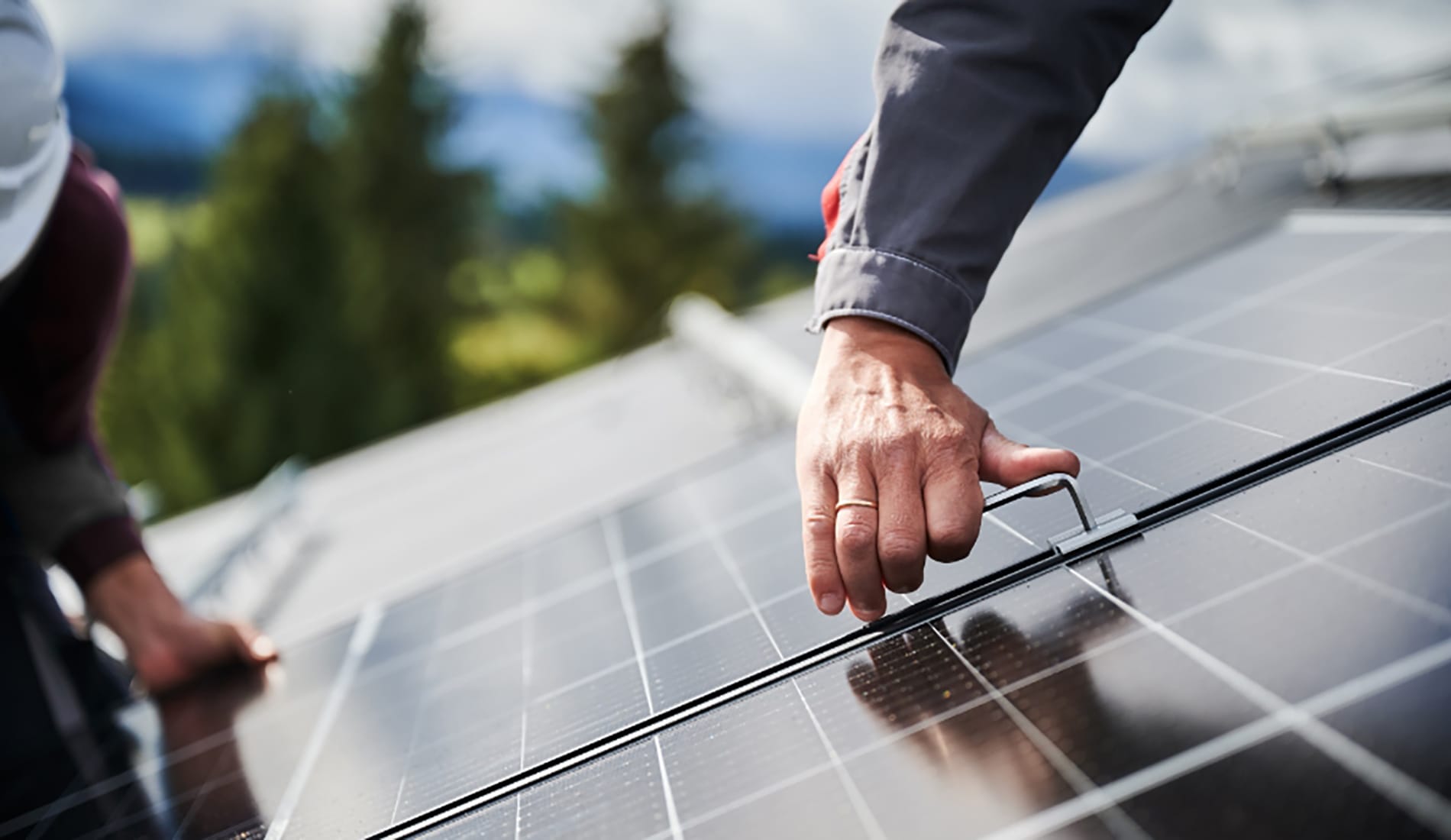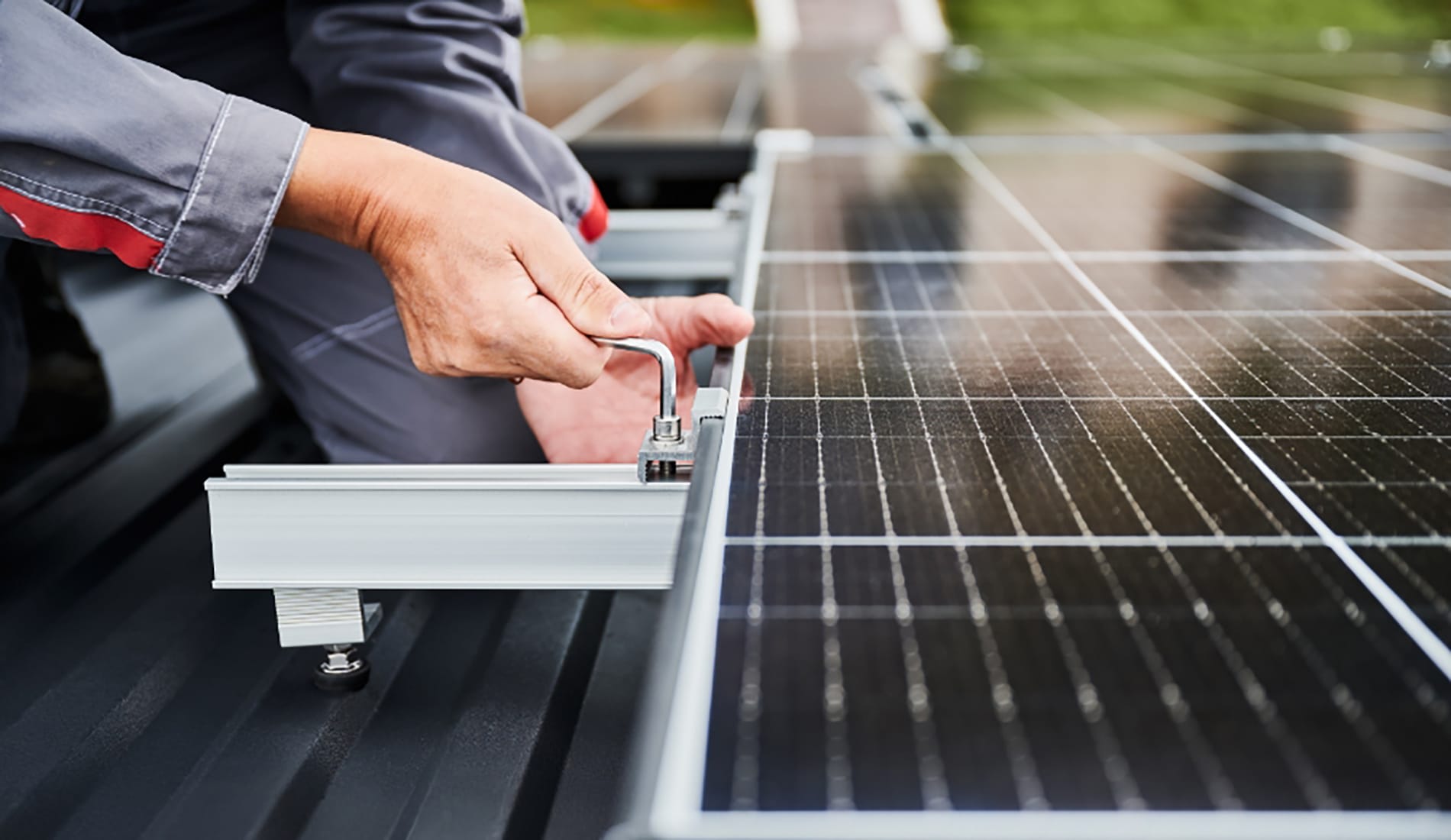Five Things You Need To Know About Renewable Energy Solutions
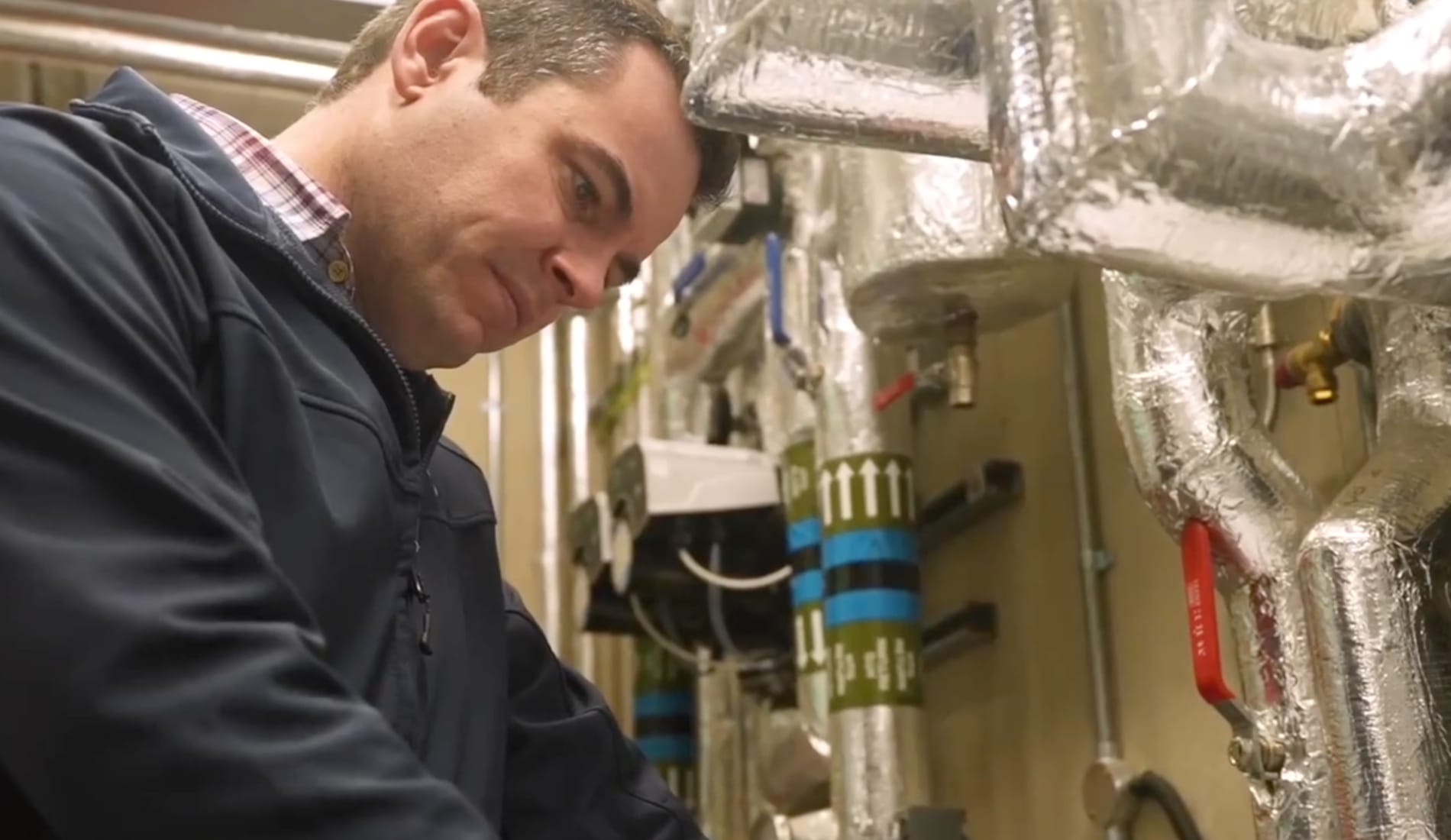
b4b Renewables Blog Post
Five Things You Need To Know About Renewable Energy Solutions
Five Things You Need To Know About Renewable Energy Solutions
Ryan Daly, Managing Director of Daly Renewables and director at b4b renewables
As we draw ever closer to the 2030 target for net zero, more and more businesses and homeowners are exploring the idea of adopting renewable energy solutions.
Employing renewable heating solutions is especially crucial in Northern Ireland as we have the highest rate of home heating oil use in Europe.
So here are the five key things you need to know about making the switch to renewable energy solutions.
- Renewable energy solutions can save you on average 60% per year on your energy bills compared to a conventional oil-fired heating system.
Renewable energy solutions can therefore save you money as well as help to save the environment. Heat pumps, for example, are much more efficient to run than conventional fossil fuel sources of home heating. Implementing a green energy system also means you will only have an electric bill. Given the current cost of living crisis contributing to ever-increasing household bills, it is a great benefit to have less bills to worry about!
- There are so many different options available for consumers who want a greener home.
When we think about renewable energy solutions we generally think of solar panels. However, there are many different options available which can be combined in one system or implemented separately. Some of these options include ground source heat pumps, air source heat pumps and Mechanical Heat Recovery Ventilation as well as the well-known solar PV. Mechanical Heat Recovery Ventilation is a ventilation system which recovers heat from the house which would otherwise be lost through trickle vents, operating noisy extract fans or by opening windows.
- Green energy solutions are ‘fit and forget’, and not as complicated to run as people think.
The lifespan of technologies such as heat pumps, solar thermal and solar PV systems is 20 to 25 years whereas the average boiler lifespan is between 10 and 15 years. Households using oil boilers are more likely to experience heating problems and therefore are often looking to switching to heat pumps instead. From experience, traditional oil or gas fired central heating systems are more difficult for electricians to wire correctly and the controls for the end user can often be difficult to operate. The controls on a heat pump tend to be simpler, and you will have a constant temperature in your home and hot water on demand.
- Heat pumps are not that noisy!
Both air and ground source heat pumps have an insulated internal lining which keeps noise levels at a minimum. They are also designed and constructed to minimise vibration levels. In houses with 150mm cavity walls, for example, a heat pump will not be heard outside at all so there is minimal disruption to the homeowner.
- Green energy solutions can keep your home both warm and cool all year round.
Don’t let the name heat pump fool you as these technologies can work to both heat up and cool down your home. For ground source heat pumps, in the winter they essentially pull heat from the ground and it gets circulated into the home via underfloor heating or a radiator system. In the summer, the opposite happens as the system can be reversed to help keep your house cool. At Daly’s, we set our systems to run at 21°C throughout the house, with bedrooms set at 18°C. The intelligent technology used means the systems adjust to variations in the weather throughout the day and the systems flow in harmony with the outside temperature.
Related Case Studies
Solar Delivers Fast ROI for RE:SURE, Cookstown
Based in Cookstown, Co. Tyrone, RE:SURE wanted to reduce their dependency on the electricity grid, cut operational costs, and boost energy efficiency...
